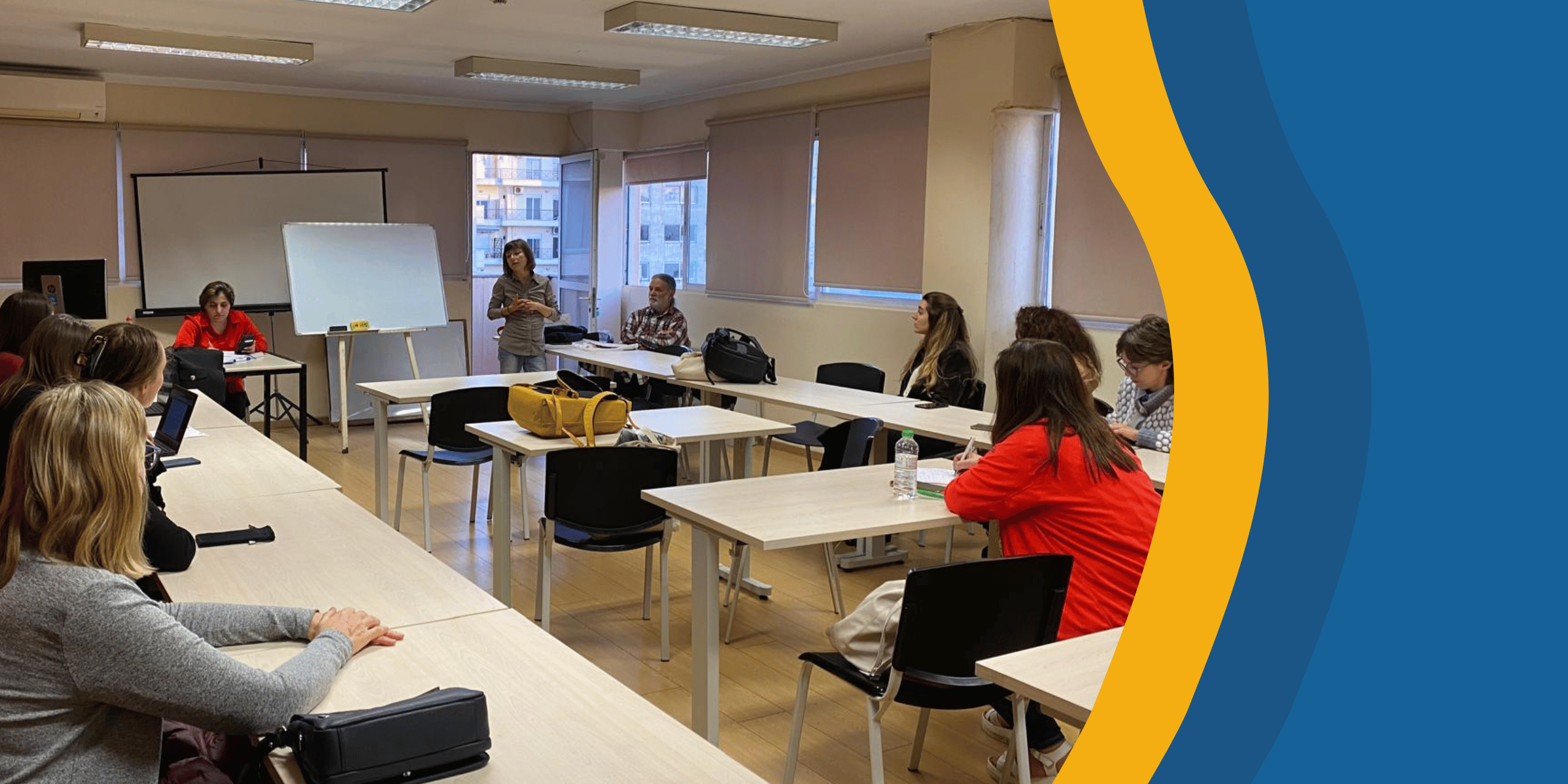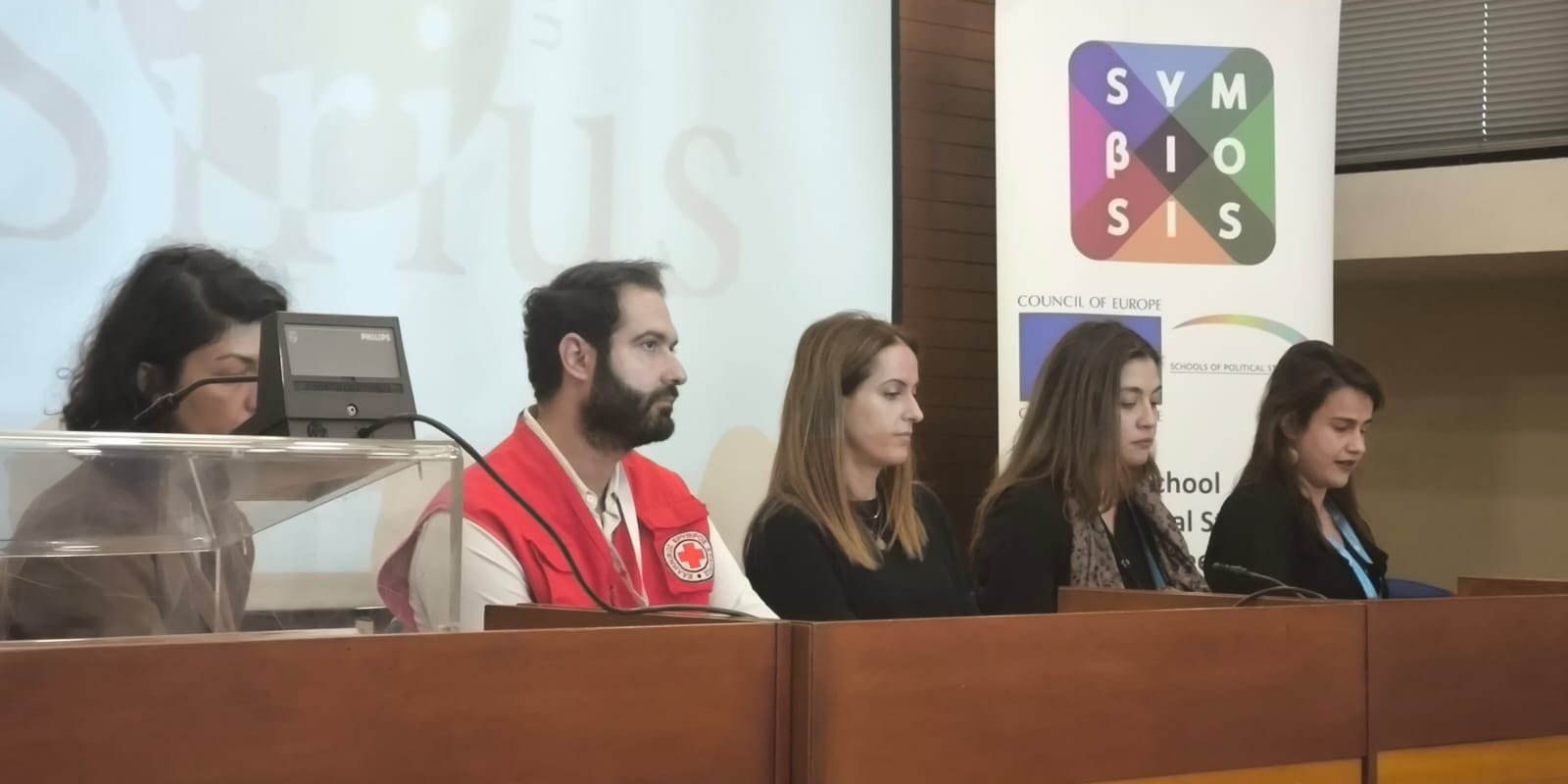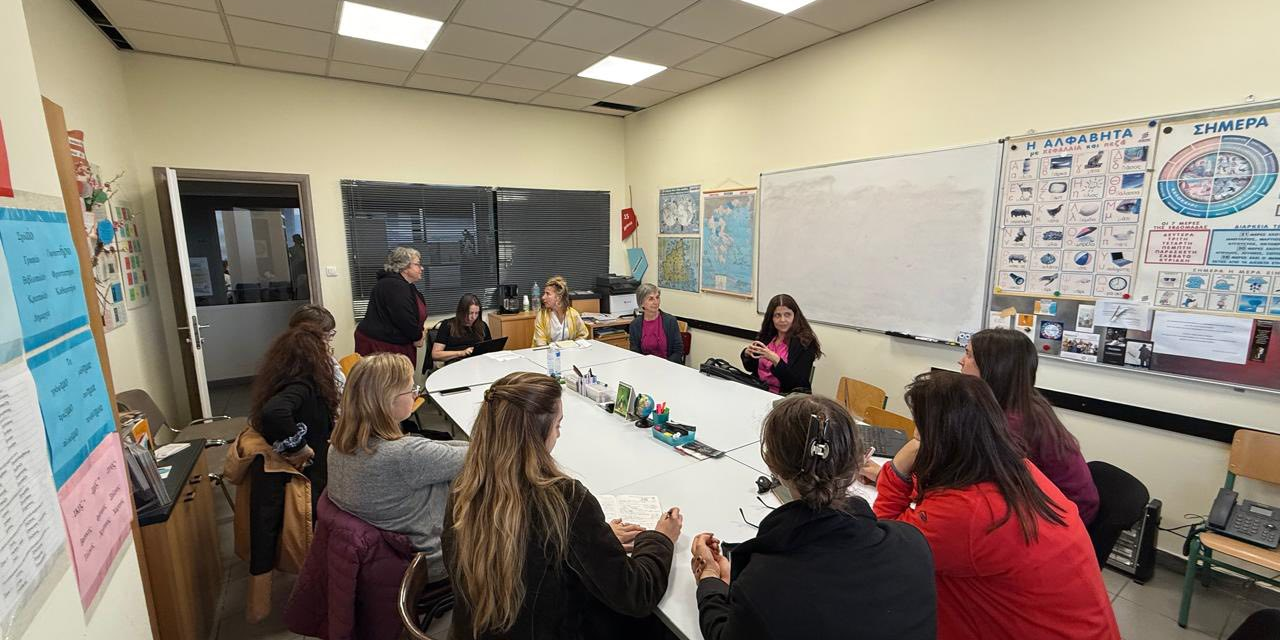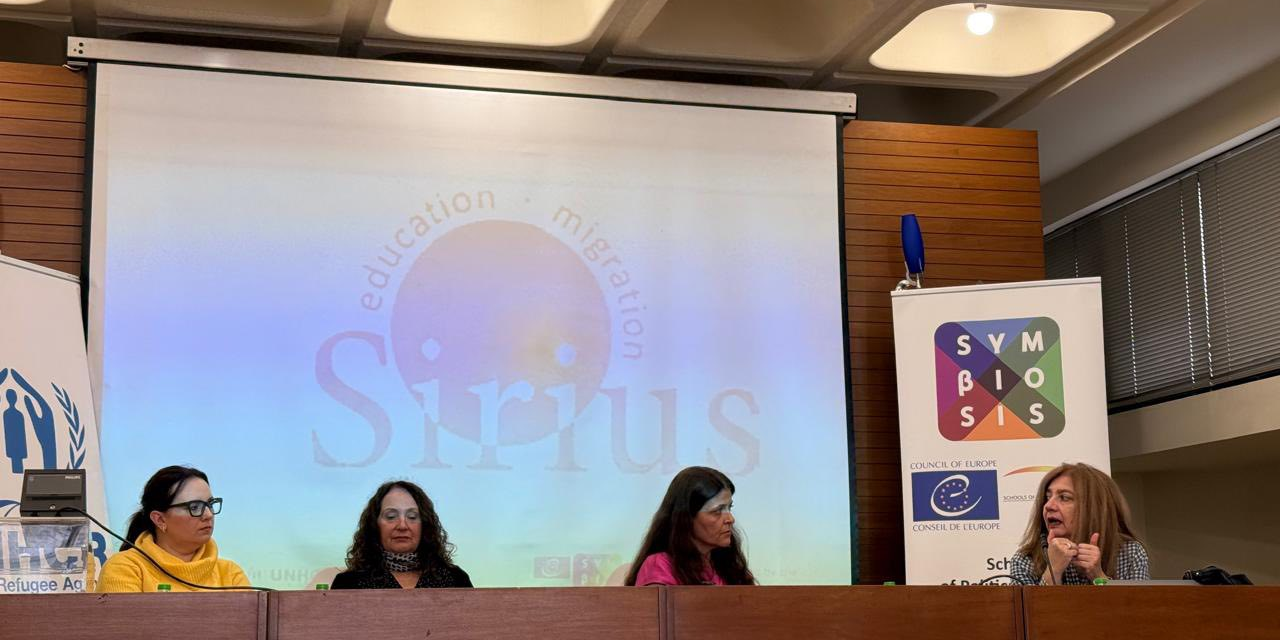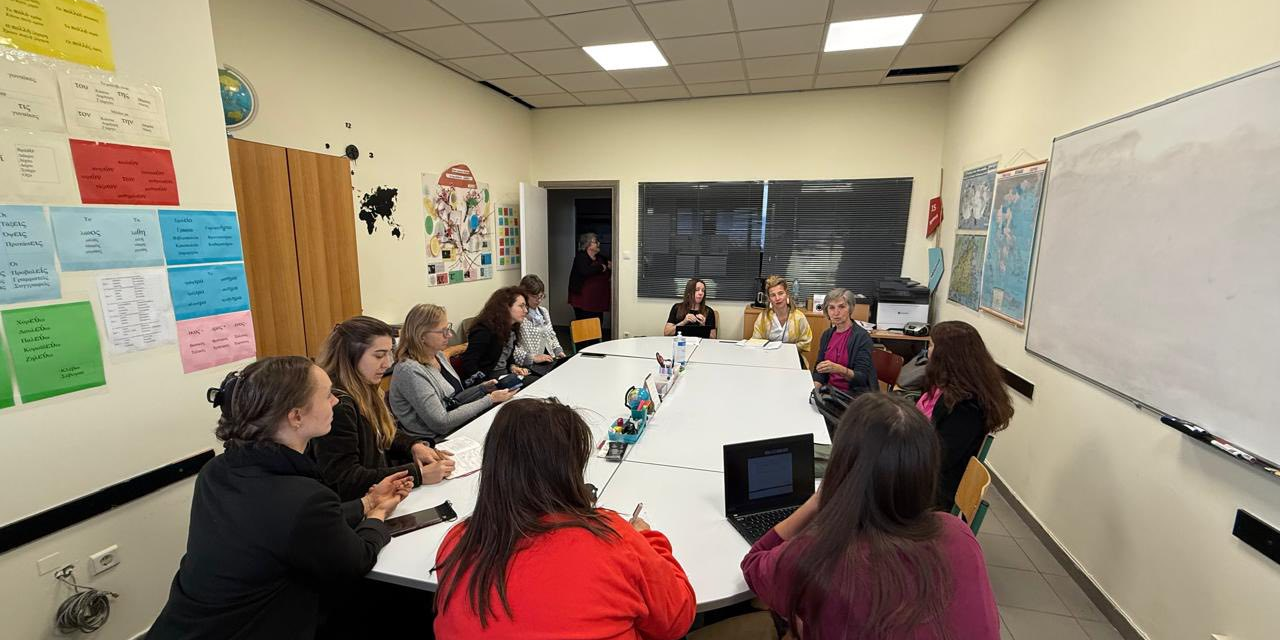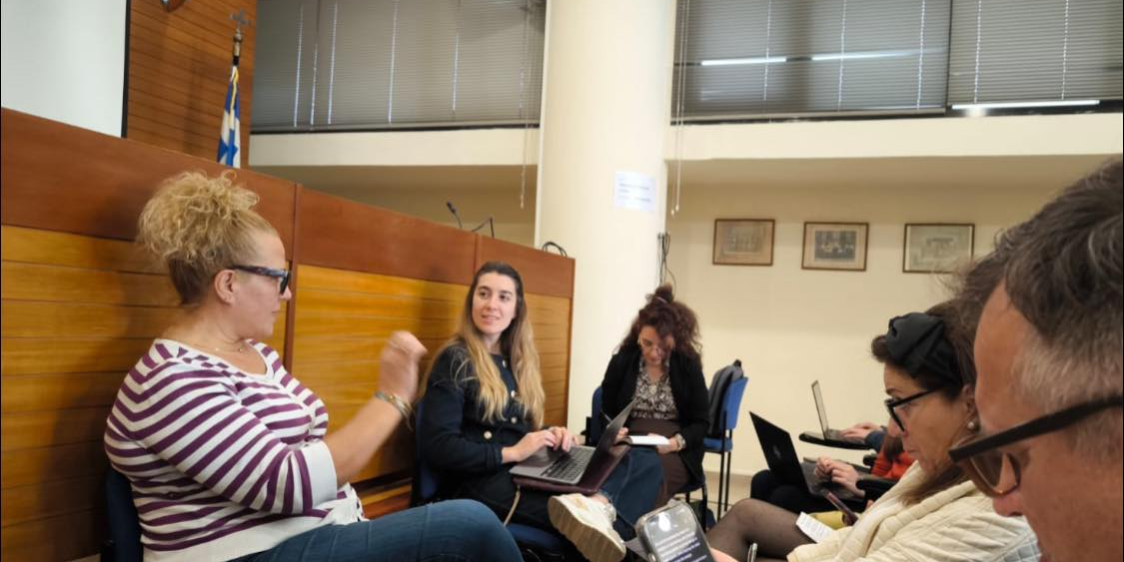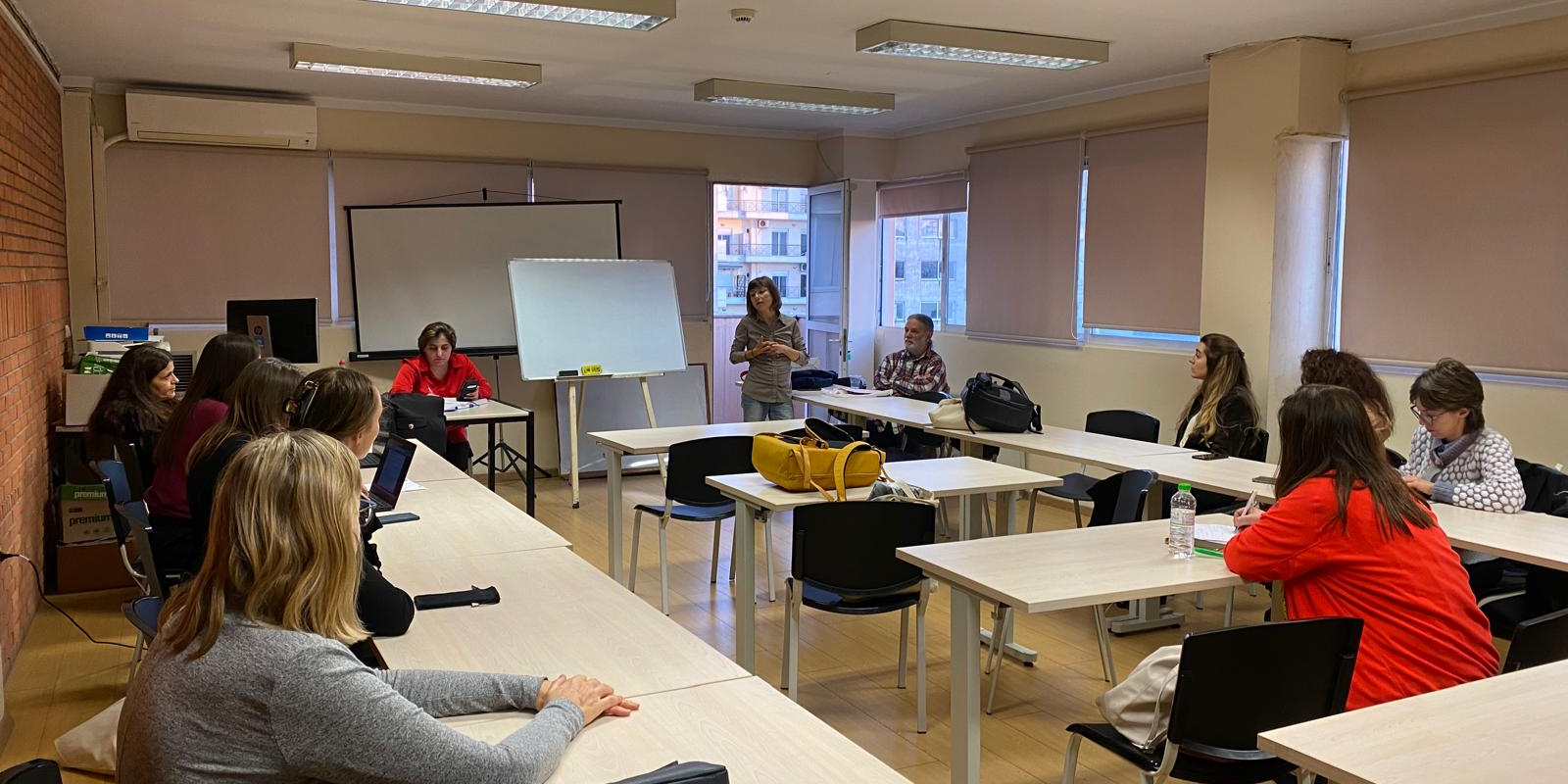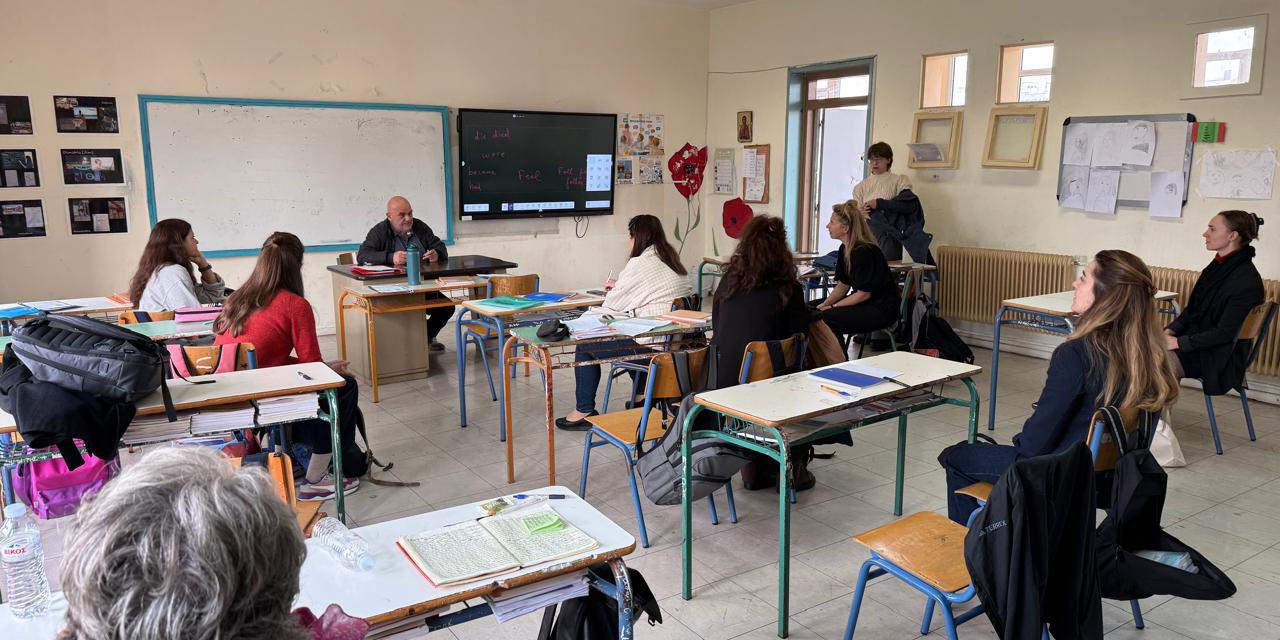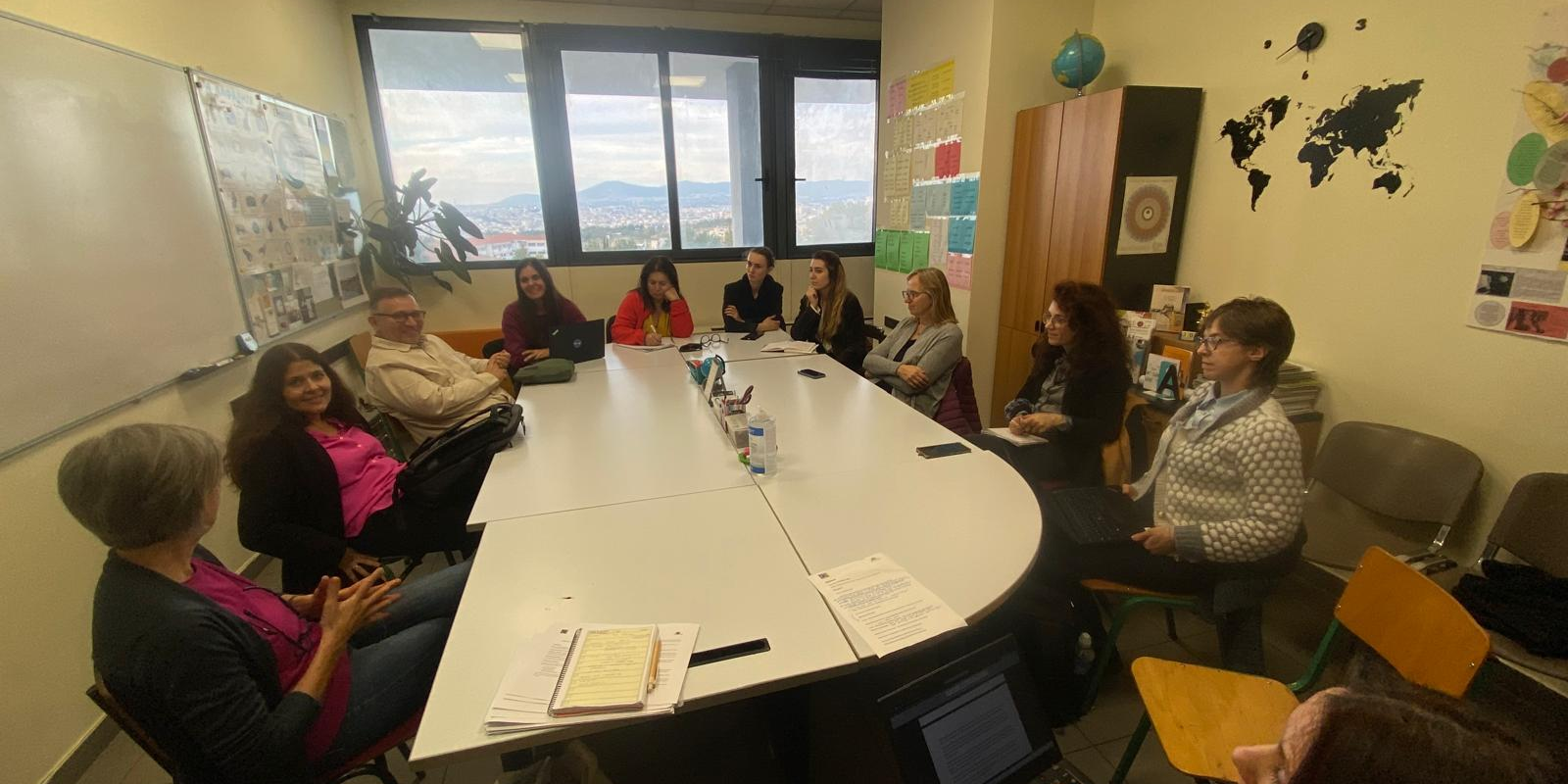As part of the Sirius 3.0 project, a Peer Learning Activity was held on October 30-31, 2025, in Thessaloniki. The event brought together key stakeholders to focus on refugee and migrant education, offering a dynamic platform for knowledge exchange, meaningful discussions, and collaboration.
The event featured three roundtable discussions, supported by the United Nations High Commissioner for Refugees (UNHCR) Greece and the Municipality of Thessaloniki. These discussions played a key role in fostering dialogue around the challenges and best practices in refugee and migrant education, covering a wide range of issues in the field. The first roundtable brought together Refugee Education Coordinators, providing a platform for sharing experiences, challenges, and successful strategies. The second roundtable focused on Civil Society Organizations, offering a space to exchange ideas and explore strategies for enhancing educational opportunities for refugees and migrants, while the third centered on Migrant and Volunteer Organizations, highlighting successful initiatives and discussing the daily challenges these organizations face in their educational efforts.
In addition to the roundtable discussions, participants had the opportunity to engage in field visits to several educational programs and support structures for migrants and refugees. These visits offered valuable insights into the practical implementation of these initiatives and the critical role they play in supporting the integration of refugees and migrants. Among the institutions visited were the 30th Secondary School of Thessaloniki, the Greek Language School of the Municipality of Neapoli-Sykies, the Thessaloniki Solidarity Center and the Solidarity School “Odysseas”.
The Peer Learning Activity provided participants with a unique opportunity to deepen their understanding of refugee and migrant education, offering valuable insights into the challenges faced in the field. Through fostering collaboration and shared learning, the event not only highlighted these challenges but also contributed to the ongoing development of more inclusive educational practices across Europe.
At the end of October 2025, the SIRIUS 3.0 Policy Network on Migrant Education convened a Peer Learning Activity (PLA) in Thessaloniki, Greece, gathering practitioners, policymakers, and researchers to explore how formal and non‑formal education actors support migrant and refugee learners. The two‑day programme offered first‑hand insights into the challenges and promising practices shaping education for newly arrived students especially regarding acquiring the language of schooling while valuing learners’ existing languages and cultures.
Through school visits, discussions with Refugee Education Coordinators, and meetings with NGOs, participants examined the systemic barriers facing migrant learners in Greece, including under‑resourced reception classes, limited data, and reliance on civil society to fill gaps. Yet the PLA also highlighted inspiring grassroots initiatives, community‑based language schools, and solidarity‑driven educational models that empower learners and foster social cohesion. The Thessaloniki PLA ultimately underscored the importance of bridging formal structures with community knowledge to build more inclusive, resilient education systems across Europe.

